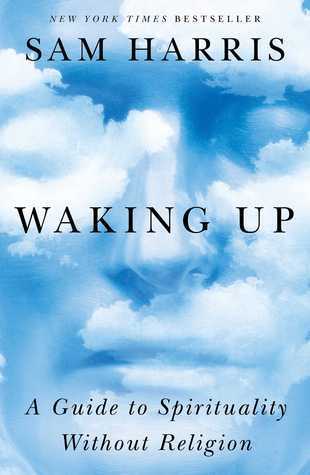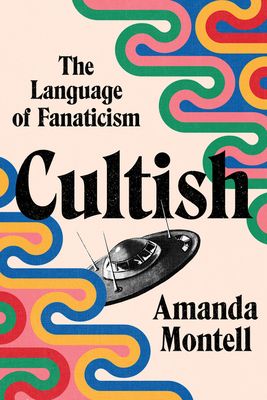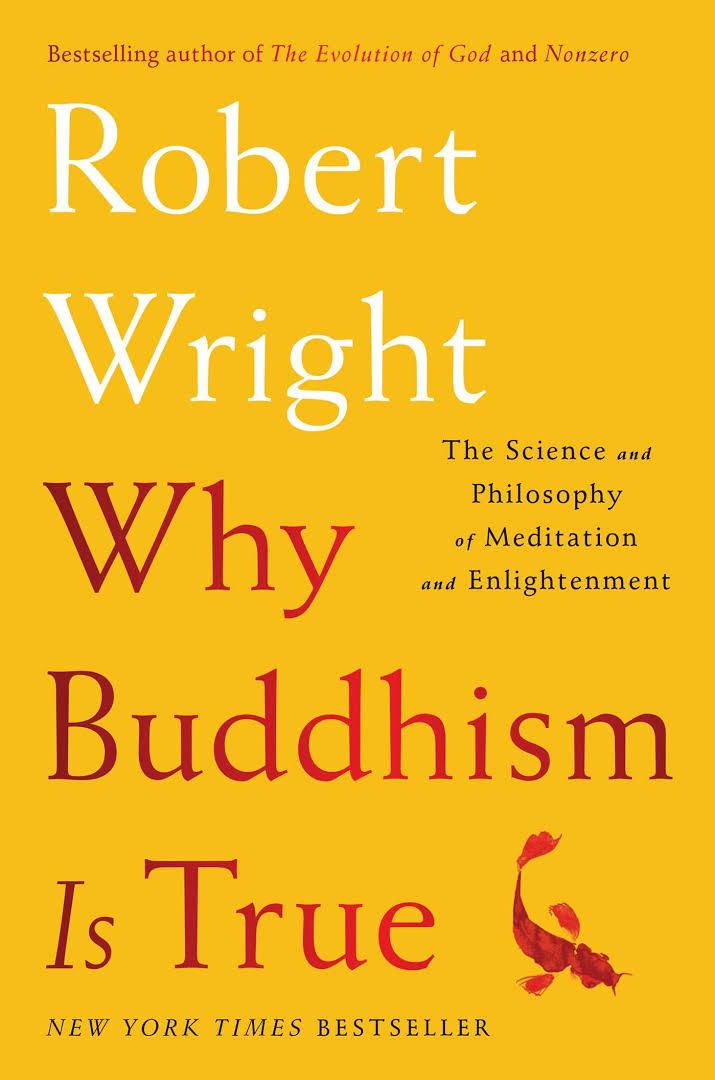Snippets about: Religion
Scroll left and right !
The Modern Faustian Bargain
At the heart of the modern worldview lies a grand bargain, a Faustian pact: humans agree to give up meaning in exchange for power.
- Meaning came from being part of something larger than yourself - God's plan, the natural order, the cycle of the seasons
- But this also constrained human power - submission to divine authority, acceptance of natural limits
- Modernity offered an alternative - throw off external sources of meaning and place your self at the center
- By focusing on human desire and experience, we could reshape the world to our liking
This shift in emphasis unleashed immense human power and creativity. All of this was built on a humanist foundation - the idea that we alone determine the meaning of our existence through our feelings, choices and experiences.
But in the process, we lost any external anchor for meaning and value: We gained the world but lost our place in it. We have power but no purpose. This is the central tension of the modern condition, one we have yet to resolve.
Section: 2, Chapter: 6
Book: Homo Deus
Author: Yuval Noah Harari
How Can You Cause People To Believe In An Imagined Order
"First, you never admit that the order is imagined. You always insist that the order sustaining society is an objective reality created by the great gods or by the laws of nature. People are unequal, not because Hammurabi said so, but because Enlil and Marduk decreed it. People are equal, not because Thomas Jefferson said so, but because God created them that way. Free markets are the best economic system, not because Adam Smith said so, but because these are the immutable laws of nature."
Section: 2, Chapter: 4
Book: Homo Deus
Author: Yuval Noah Harari
The Buddha Taught Specific Practices For Insight
The Buddha didn't teach Buddhism as a faith-based religion, but rather as empirical instructions: If you do X, you will experience Y. Buddhism contains practices anyone can do, without accepting any unjustified beliefs, to experience insights into the nature of one's own mind. The purpose is to cut through the illusion of the self.
Section: 1, Chapter: 1
Book: Waking Up
Author: Sam Harris
The Canonical Bible Emerged From Centuries Of Debate
The Bible is often seen as the direct and unambiguous "word of God." But the canonical Hebrew Bible only emerged after centuries of debate among rabbis over which texts to include. Different sects disagreed for generations - for example, the Dead Sea Scrolls include the Book of Enoch, while the Ethiopian Bible contains books left out of the Catholic and Protestant canons. Rabbis also argued over the interpretation and significance of key passages.
The Bible's authority relies on this human process of curation, even as that process has been largely forgotten.
Section: 1, Chapter: 4
Book: Nexus
Author: Yuval Noah Harari
Religion Binds Individuals Into Cohesive, Cooperative Groups
Haidt examines religion through the lens of evolutionary psychology and cultural anthropology. He argues that religious practices emerged in part to solve the problem of group cohesion and cooperation.
Participation in sacred rituals, adoption of shared beliefs/norms, and subjugation to moral authorities allowed people to identificatify as part of a united whole, putting group interests above selfish interests. The experience of self-transcendence and ego-loss induced by certain practices also promotes a sense of connection and commitment.
While modern secular societies have found alternative sources of order and meaning, they continue to struggle with individualism, alienation and loss of community. Understanding religion's cultural evolutionary role is essential for addressing modern social challenges.
Section: 1, Chapter: 10
Book: The Happiness Hypothesis
Author: Jonathan Haidt
How Science Replaced Religion
For most of history, religion was seen as the ultimate source of authority, values and knowledge. However, the scientific revolution radically undermined religion's monopoly:
- Science offered far more convincing and useful explanations for natural phenomena based on observation and logic, not faith. Lightning was proven to be an electrical phenomenon, not the wrath of Zeus.
- Technology derived from science became indispensable for modern societies to function. It was impossible to reject physics while accepting radios, impossible to reject biology while accepting vaccines and impossible to reject chemistry while accepting fertilizer.
- Philosophers argued that values and morals too should be defined by reason and evidence, not religious dogma. Influential thinkers like John Locke derived human rights from logical arguments, not divine fiat.
Today, the place of religion has been largely replaced by science, in terms of defining what is objectively real, and by secular humanism, in terms of defining what is ethical and meaningful.
Section: 2, Chapter: 8
Book: 21 Lessons for the 21st Century
Author: Yuval Noah Harari
The Rich Man's Offering
'Apple is the rich man. All these people gave their gifts out of their wealth; but she out of her poverty put in all she had to live on.'
- Li Qiang, founder of China Labor Watch, comparing Apple to the biblical parable
Section: 6, Chapter: 33
Book: Apple in China
Author: Patrick McGee
The Allure Of Scientology's Celebrity Centre
The Church of Scientology's Celebrity Centre in Hollywood serves as a magnet for aspiring actors, writers, and artists hoping to make it big in the entertainment industry. With its grand façade and promises of personal and professional success, the Centre draws in wide-eyed newcomers to Los Angeles, offering them a sense of community and purpose in a cutthroat business. However, beneath the glamorous veneer lies a carefully crafted recruitment strategy, where potential members are love-bombed with flattery and subjected to a barrage of personality tests, auditing sessions, and high-pressure sales tactics to keep them in the fold and paying for more.
Section: 3, Chapter: 1
Book: Cultish
Author: Amanda Montell
People Have A Natural Sense Of The Sacred
Haidt argues that the human mind is predisposed to perceive sacredness and divinity, regardless of religious belief. He discusses how notions of sanctity, purity, elevation and degradation shape moral thinking across cultures.
Things seen as holy or sacred are treated as inviolable and protected from the corrupting influence of the profane or carnal. This "ethics of divinity" was central to most ancient cultures but has waned in the secular modern West. Yet even modern people experience quasi-religious elevation in response to extraordinary virtue and beauty. Haidt argues that the emotion of moral disgust evolved to help enforce the sacred/profane boundary.
Section: 1, Chapter: 9
Book: The Happiness Hypothesis
Author: Jonathan Haidt
Books about Religion
Psychology
Mindfulness
Spirituality
Religion
Happiness
Waking Up Book Summary
Sam Harris
In "Waking Up," Sam Harris explores the nature of consciousness and the self through the lens of neuroscience, philosophy, and contemplative practice, arguing that true spirituality lies not in religion or dogma but in a direct, experiential understanding of the mind that is available to anyone willing to look closely.

Language
Society
Culture
Cultish Book Summary
Amanda Montell
In "Cultish," Amanda Montell explores the fascinating world of cults and how their persuasive language and techniques permeate our everyday lives, from religious sects to fitness trends to multi-level marketing schemes.

Mindfulness
Religion
Psychology
Science
Philosophy
Happiness
Why Buddhism Is True Book Summary
Robert Wright
Robert Wright explores how Buddhist teachings and meditation practices, particularly from the Vipassana tradition, align with findings from modern psychology and evolutionary theory to diagnose the human condition and provide a path to greater clarity, happiness, and moral progress.



